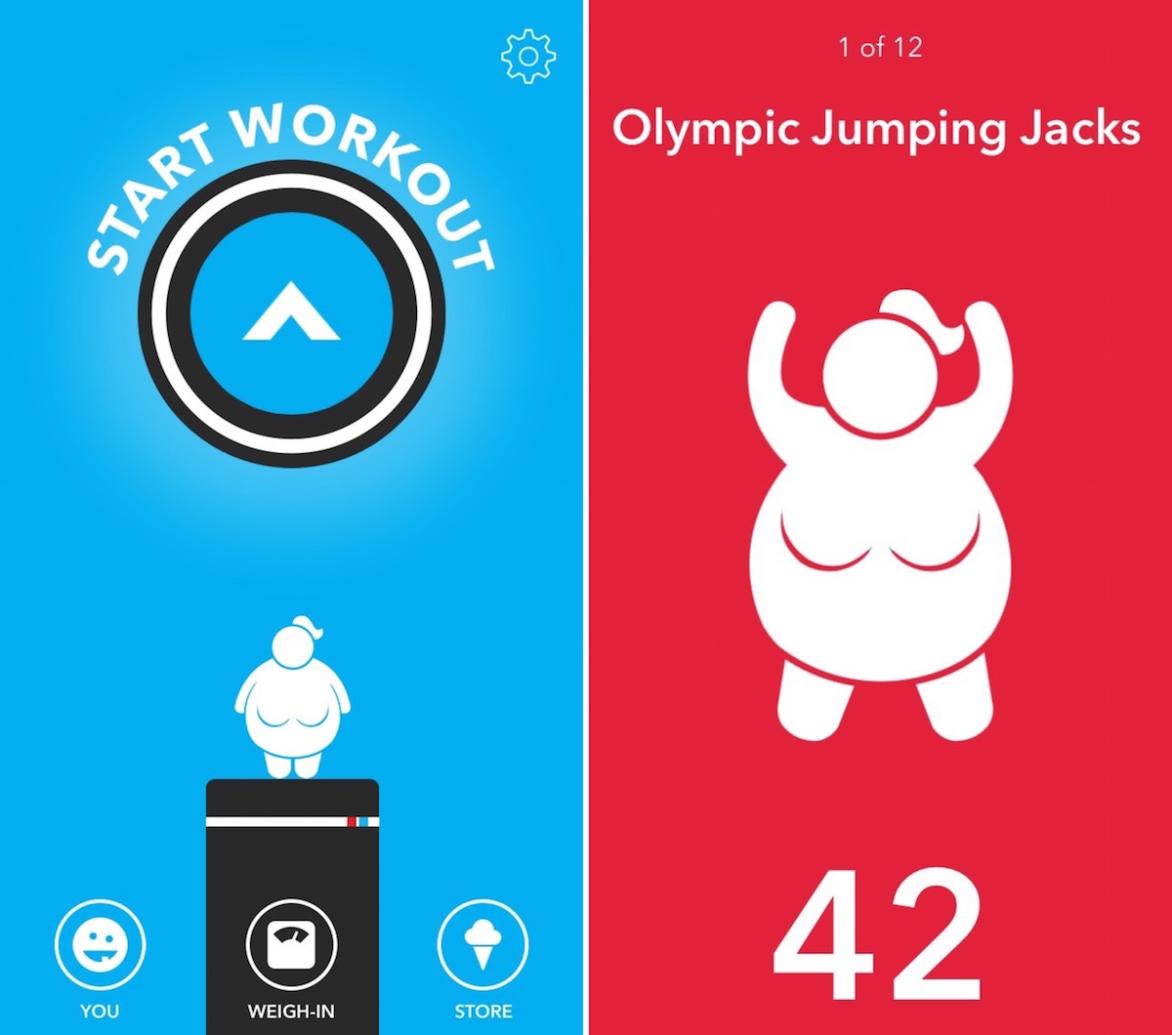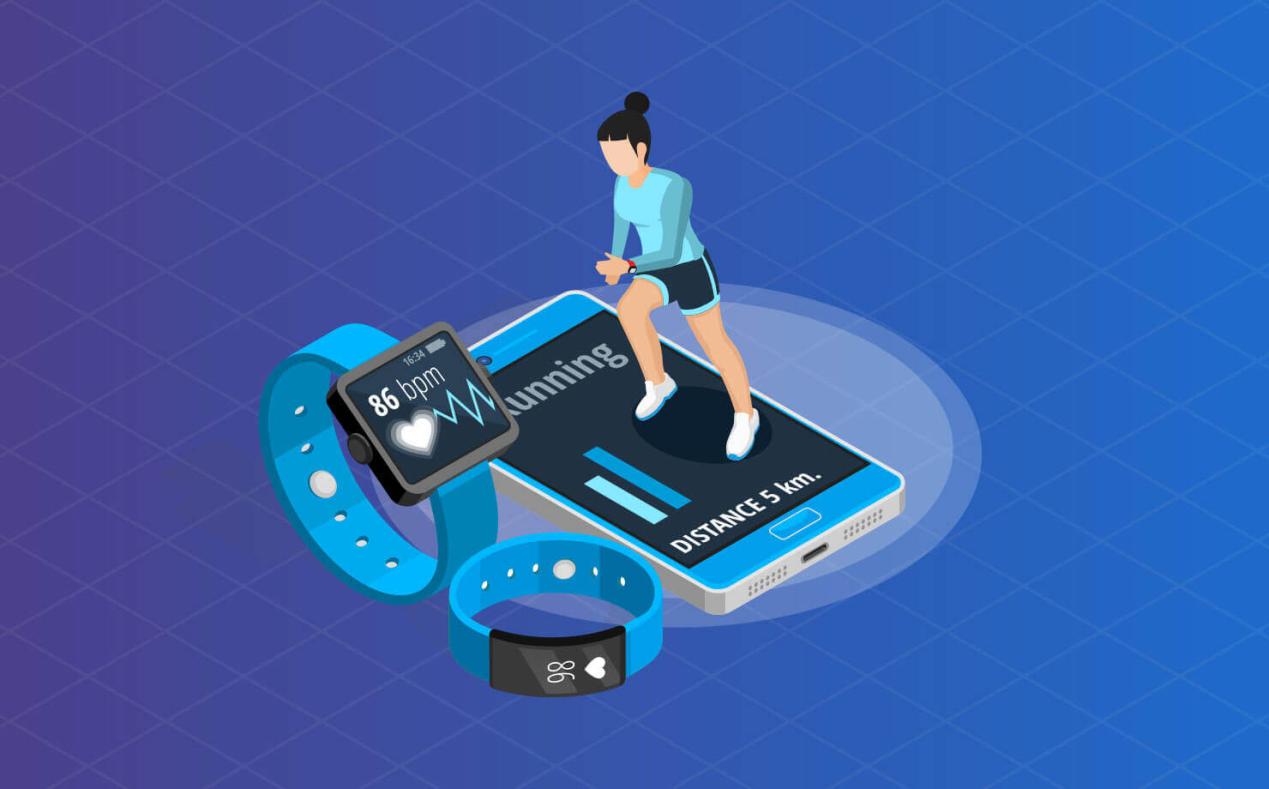What Are the Legal Implications of Using Fitness Apps?
Fitness apps have become increasingly popular in recent years, offering users a convenient and personalized way to track their physical activity, set goals, and monitor their progress. However, the use of fitness apps also raises several legal implications that both developers and users should be aware of.

I. Privacy And Data Security
Fitness apps collect a wide range of personal data, including location, activity, and health information. This data can be used to provide users with personalized recommendations and insights, but it also raises concerns about privacy and data security.
Collection Of Personal Data
- Types of data collected: Fitness apps typically collect data such as location, activity (steps taken, distance traveled, calories burned), and health information (heart rate, blood pressure, sleep patterns).
- Consent and transparency in data collection practices: Users should be informed about the types of data being collected, the purposes for which it will be used, and with whom it will be shared. Fitness app developers should obtain users' consent before collecting and using their personal data.
Data Storage And Security
- Safeguarding personal data from unauthorized access and breaches: Fitness app developers have a responsibility to implement robust security measures to protect users' personal data from unauthorized access, use, or disclosure. This includes encrypting data, using secure servers, and conducting regular security audits.
- Compliance with data protection laws: Fitness app developers must comply with applicable data protection laws, such as the General Data Protection Regulation (GDPR) in the European Union and the California Consumer Privacy Act (CCPA) in the United States. These laws impose specific requirements on how personal data is collected, used, and stored.
Third-Party Data Sharing
- Sharing of data with third parties: Some fitness apps share users' personal data with third parties, such as advertisers, insurance companies, and research institutions. This data sharing can be beneficial to users, as it can lead to personalized advertising, tailored insurance policies, and insights into their health and fitness.
- Potential risks and implications for users' privacy: However, third-party data sharing also raises concerns about privacy and the potential misuse of users' personal data. Users should carefully review the privacy policies of fitness apps before agreeing to share their data with third parties.
II. Liability And Negligence
Fitness activities inherently carry some risk of injury or accident. However, fitness app developers can be held liable for injuries or damages caused by their negligence.
Inherent Risks Of Fitness Activities
- Potential for injuries or accidents during workouts: Fitness activities, such as running, cycling, and weightlifting, can pose a risk of injury or accident. Users should be aware of these risks and take appropriate precautions to minimize them.
- Assumption of risk by users: By using fitness apps, users assume some degree of risk associated with the activities they engage in. However, this assumption of risk does not absolve fitness app developers from their legal responsibilities.
Negligence By Fitness App Developers
- Inadequate safety instructions or warnings: Fitness app developers have a duty to provide users with adequate safety instructions and warnings about the risks associated with the activities promoted by their apps. Failure to do so could constitute negligence.
- Failure to address known defects or bugs: Fitness app developers have a responsibility to promptly address any known defects or bugs in their apps that could pose a risk to users. Failure to do so could also constitute negligence.
- Misleading or inaccurate information provided by the app: If a fitness app provides misleading or inaccurate information that leads to injury or harm, the app developer could be held liable for negligence.
Product Liability
- Defective fitness apps or devices causing injuries: If a fitness app or device is defective and causes injury to a user, the app developer or manufacturer could be held liable for product liability.
- Legal recourse for users who suffer harm: Users who suffer injuries or damages as a result of using a defective fitness app or device may have legal recourse, such as filing a lawsuit against the app developer or manufacturer.
III. Intellectual Property Rights
Fitness apps and related technologies are often protected by intellectual property rights, such as copyrights, trademarks, and patents.
Copyright And Trademark Issues
- Protection of app designs, logos, and content: Fitness app developers can protect the unique elements of their apps, such as the design, logos, and content, through copyright and trademark protection. This protection prevents others from copying or using these elements without permission.
- Copyright infringement concerns when using third-party materials: Fitness app developers should be careful not to use third-party materials, such as images, videos, or music, without obtaining the necessary permissions. Using copyrighted materials without permission could lead to copyright infringement claims.
Patent Protection For Fitness-Related Inventions
- Potential for patent infringement claims: Fitness app developers should conduct thorough patent searches to ensure that their apps do not infringe on any existing patents. Failure to do so could lead to patent infringement claims.
- Importance of conducting thorough patent searches: Conducting thorough patent searches is essential for fitness app developers to avoid potential patent infringement claims. This can be done by searching patent databases and consulting with patent attorneys.
IV. Regulatory Compliance

Fitness apps and devices are subject to various health and safety regulations.
Compliance With Health And Safety Regulations
- Adherence to industry standards and guidelines: Fitness app developers should adhere to industry standards and guidelines for the development and marketing of health and fitness apps. These standards and guidelines help ensure the accuracy, reliability, and safety of fitness apps.
- Ensuring the accuracy and reliability of health-related information: Fitness app developers have a responsibility to ensure the accuracy and reliability of the health-related information provided by their apps. This includes providing accurate calorie counts, heart rate monitoring, and other health metrics.
FDA Regulations For Fitness Devices
- Classification of fitness devices as medical devices: Some fitness devices, such as heart rate monitors and blood pressure monitors, may be classified as medical devices by the U.S. Food and Drug Administration (FDA). This classification requires fitness app developers to comply with FDA regulations, including premarket approval and labeling requirements.
- Requirements for premarket approval and labeling: Fitness app developers must obtain premarket approval from the FDA before marketing their devices as medical devices. Additionally, they must comply with FDA labeling requirements, which include providing clear and accurate information about the device's intended use, risks, and benefits.
V. Conclusion
The use of fitness apps offers numerous benefits, but it also raises several legal implications that both developers and users should be aware of. Fitness app developers have a responsibility to protect users' privacy, ensure the safety of their apps, and comply with applicable laws and regulations. Users should carefully review the privacy policies of fitness apps, understand the risks associated with the activities they engage in, and take appropriate precautions to protect their personal data.
By understanding the legal implications of using fitness apps, both developers and users can take steps to minimize risks and ensure a safe and responsible fitness experience.
YesNo

Leave a Reply